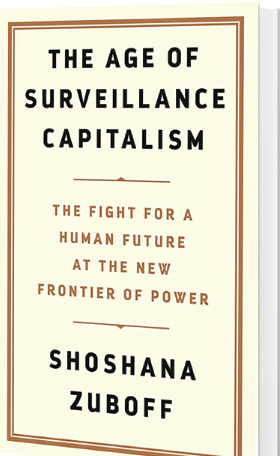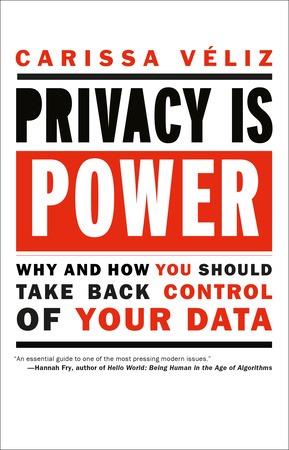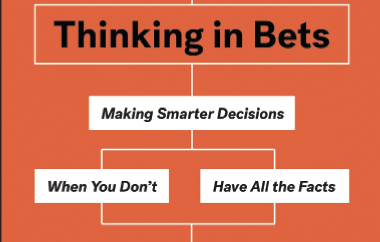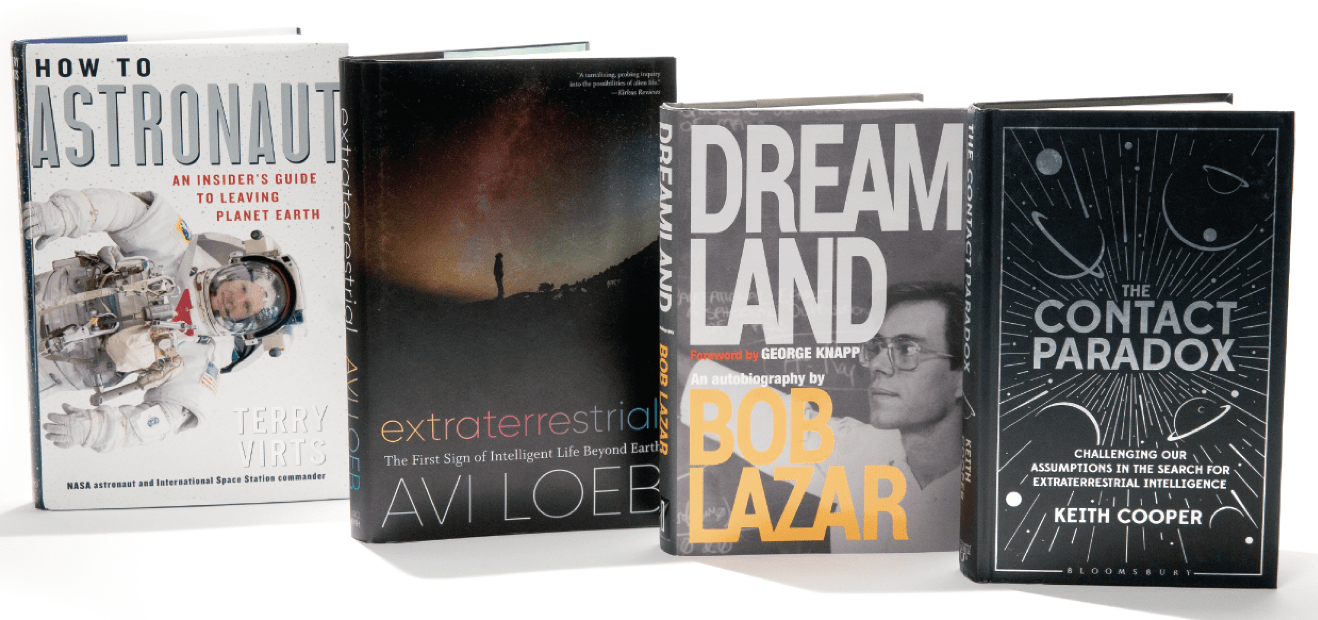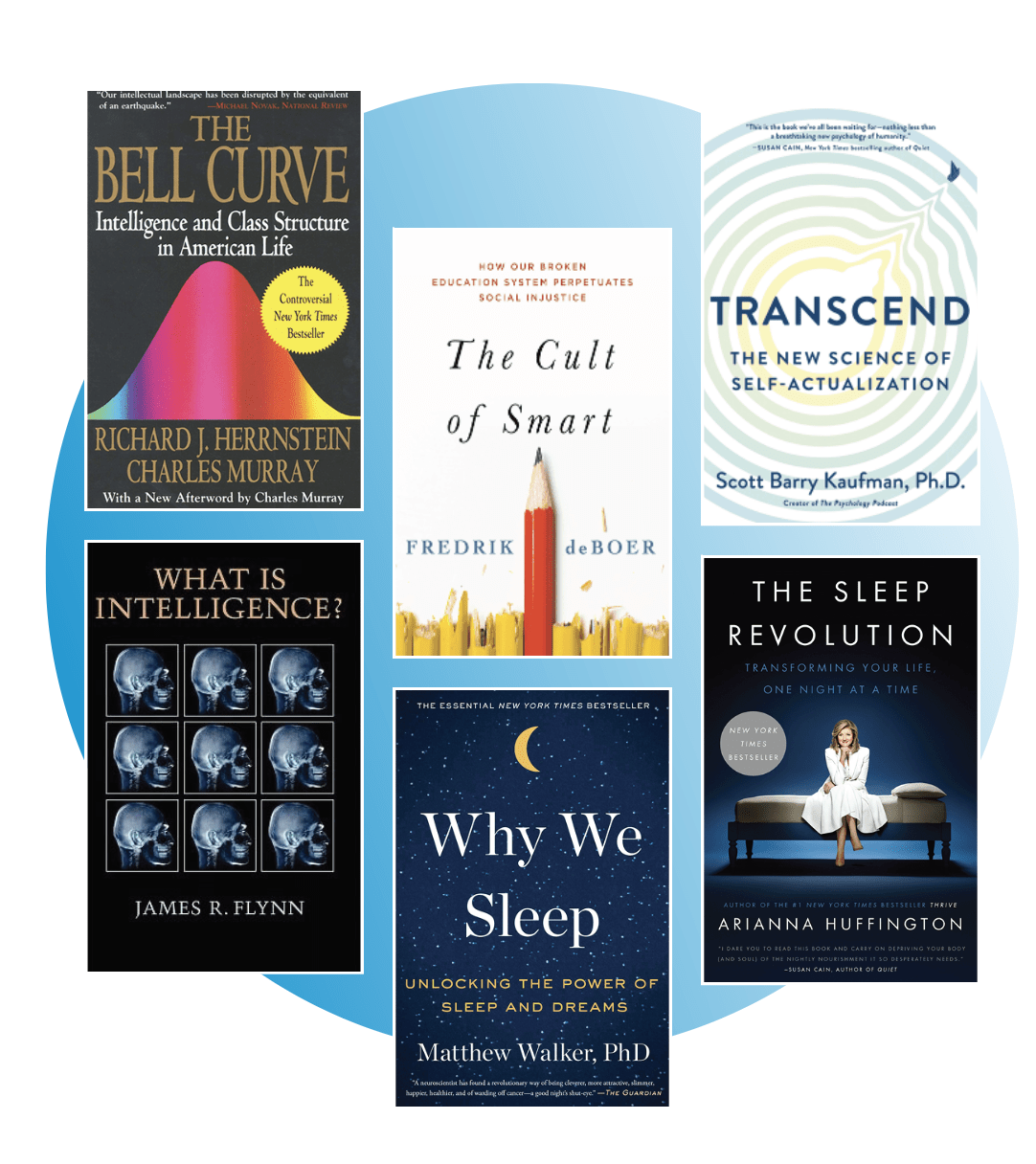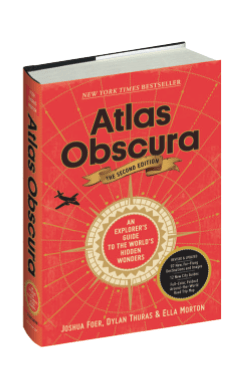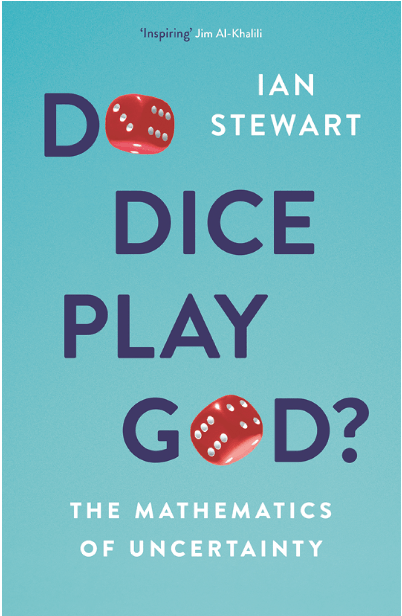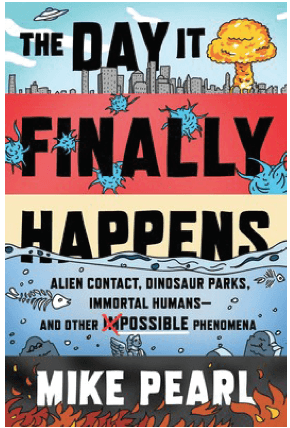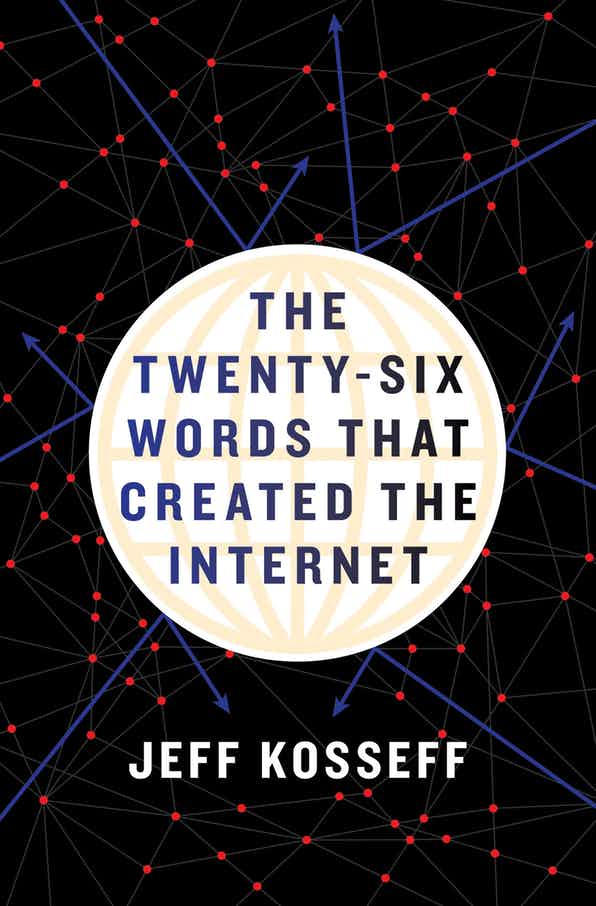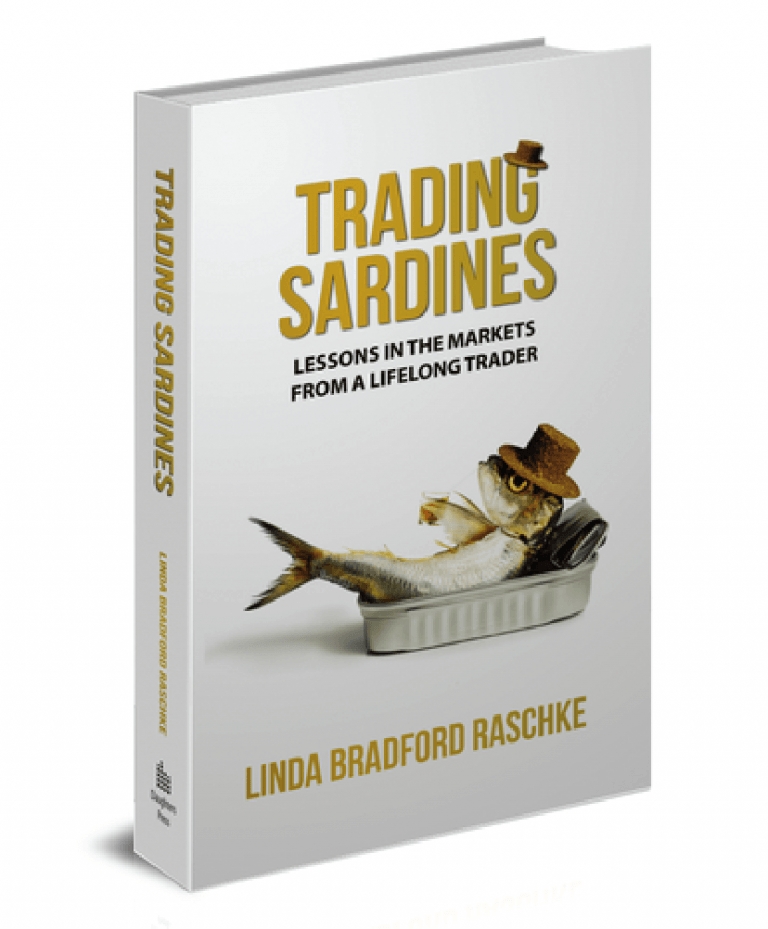AlphaBrain
This book on the process-driven approach to decision-making is an essential addition to any active investor’s library.

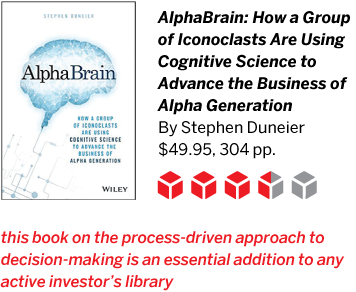
Active trading requires discipline, planning, evaluation, decision-making and proper implementation. Veteran traders learn the process through trial and error, and they understand that what they do has only one goal – to make money.
Traders nearly always view the outcome of a trade as uncertain. Experienced traders realize that all things being equal, absent an edge or having probabilities on his or her side, the risk of loss is generally about the same as the odds of making money. The future’s unknowable, and our experience takes us where we can make a compelling case to justify a trade. But once the trade is placed the street decides.
Sometimes a story presents itself and explains why a particular trade did or did not work. More often, no story emerges; there’s just the glorious feel of nailing a trade or the hollow knowledge it bombed.
Trying to avoid the latter, traders often ponder a big question: How can they make better trades? Will the odds improve or opportunities appear with the help of big data or with mathematical, psychological, philosophical or scientific methods?
With digital and online trading platforms, data management has expanded the marketplace enough to give everyone access to trading. Farming data by pulling together research married to market conditions has spawned trading techniques in which a calculation is always available to suggest what might happen.
These techniques are still evolving but have already made a tremendous difference in personal portfolio success. Yet, after 25 years of personal portfolio management on a significant scale, much clearly remains to be discovered in the pursuit of more certainty in the management of trades. The work toward that goal continues in various fields and is achieving results. The future will, no doubt, be better than the present.
Stephen Duneier describes some of that of progress quite brilliantly in his new book, Alpha Brain: How a Group of Iconoclasts are using Cognitive Science to Advance the Business of Alpha Generation. He makes the case that in trading it’s the decision that matters.
That’s why Duneier maintains that the reason a trader pulls the trigger isn’t as important as how a trader processes the information that underlies the decision. A better process for making decisions is arising from the field of cognitive science, he says.
Traders are at a disadvantage because the human brain is programmed to use shortcuts to decision-making that blend beliefs, hopes, bias, autopilot, intuition and gut feel – all of which the author says, lead to unwise trades.
So, it’s time to find a way of making trading decisions that overturns old notions. But the new way isn’t a bundle of tips or rules or better techniques for trading. Instead, it begins with more precise questions about expectations and factual realities of the trade, which lead to clarity in how the trade is analyzed.
The book is written from the perspective of managing institutional trader portfolios, but active traders can benefit from Duneier’s insight. He reveals his love of his subject matter and buttresses his premises with tantalizing chapters on virtually every trading issue. His subjects include decision analysis, reasons investors should use options but rarely do, trading decisions, and decisions in the financial context.
The chapters build on each issue as the author drives home key notions with example after example, many taken from trading experiences that worked and or failed.
Here’s the key rhetorical question as Duneier sees it: “With decades of cognitive, behavioral and decisional research proving that we are all vulnerable to systematic errors in judgment, doesn’t it make sense to make the effort to take the necessary steps to improve our decision-making process?”
Happily, he answers his own question: “In order to shift the odds of success in our favor, we must be deliberate in our approach every step of the way. We must be vigilant in our defense against bias and suboptimal selections.”
That’s easier said than done, the author concedes. In fact, that the new approach requires true commitment, not just following an improved checklist, he warns.
With this book Duneier has made a meaningful contribution to the world of investing, but he’s the first to admit it won’t solve every problem. “…There is no magic bullet to decision-making, no matter how people want one…the keys are incremental improvement and fewer mistakes – two skills that can be built with time, awareness and practice. It sounds simple. In fact, it is simple. But it’s also incredibly difficult.” – Mike Hart
Mike Hart, a former floor trader at the Chicago Stock Exchange and proprietary futures trader, specializes in energy markets and interest rates. He’s a contributing member of the tastytrade research team.

